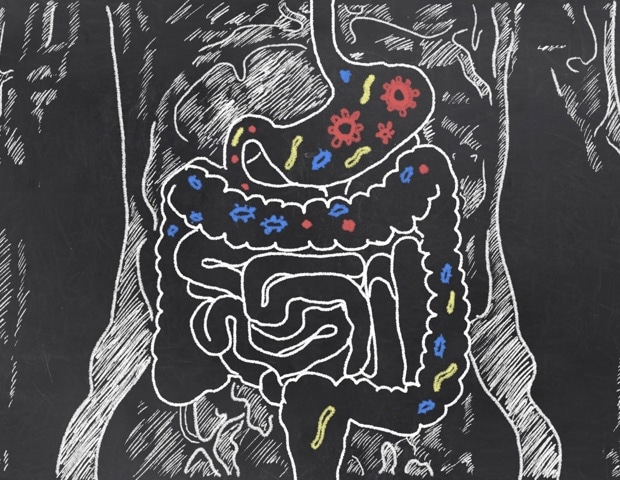A Rutgers Health study has found that people who took multiple courses of penicillin antibiotics had a modestly lower risk of developing Parkinson’s disease, a surprising finding that researchers say highlights the complex relationship between bacteria in the digestive tract and brain health.
The study, published in Parkinsonism & Related Disorders, analyzed medical records from more than 93,000 people in the United Kingdom. Researchers found that those who received five or more courses of penicillin antibiotics in the five years before diagnosis had about a 15% lower risk of Parkinson’s compared with those who took no antibiotics.
We found an inverse dose-response relationship between number of penicillin courses and Parkinson’s disease risk across multiple durations. This was unexpected and contrasts with some prior studies.”
Gian Pal, neurologist at Rutgers Robert Wood Johnson Medical School and lead author of the study
The findings add to increasing evidence that the trillions of microbes living in the human digestive tract may play a role in Parkinson’s disease, a progressive brain disorder that affects movement and balance. Some researchers believe inflammation or toxins from certain gut bacteria could contribute to the disease’s development.
“There’s an idea that the disease starts in the gut and that inflammation in the gut can make the gut more leaky and allow toxins or inflammation to ascend to the brain through the vagus nerve,” Pal said.
To investigate potential links between gut bacteria and Parkinson’s, the researchers examined anonymized medical records from a large U.K. database. They compared 12,557 people diagnosed with Parkinson’s to 80,804 similar individuals without the disease.
In addition to the reduced risk associated with penicillin use, the study found people who took two or more courses of antifungal medications in the five years before diagnosis had about a 16% higher risk of Parkinson’s. This aligned with findings from a previous Finnish study.
However, Pal said the associations were relatively small and should not influence medical decisions.
“These are all very mild, so it should not influence decisions about when to use antibiotics or antifungals,” he said. “The importance of the study is that it speaks to the idea that something is going on in the gut microbiome could influence Parkinson’s disease,”
The study has limitations, such as its inability to account for other bacteria-affecting behaviors, such as patient diet.
Still, Pal said the findings support further investigation into how gut microbes might influence Parkinson’s risk.
“The fact that a medication that you take only for a few days to alter your microbiome in a small way alters your Parkinson’s risk -; to me, that makes a stronger case that the microbiome is implicated,” he said.
Parkinson’s disease affects more than 10 million people worldwide, and cases are expected to rise as populations age. While its exact causes remain unclear, researchers believe a combination of genetic and environmental factors produce the disease. It is primarily diagnosed based on symptoms, as there is no definitive lab test.
Pal said follow-up research to the study includes investigating whether specific fungi or bacteria in the gut are associated with Parkinson’s risk.
“Better understanding what the antifungal composition is in the gut – which really hasn’t been well explored – and seeing if that is useful in distinguishing Parkinson’s patients from non-Parkinson’s patients would be useful,” he said.
Researchers also hope to determine if altering levels of certain gut microbes could potentially reduce Parkinson’s risk or modify the disease’s course in those already diagnosed.
Source:
Journal reference:
Pal, G., et al. (2024). Effects of antimicrobial exposure on the risk of Parkinson’s disease. Parkinsonism & Related Disorders. doi.org/10.1016/j.parkreldis.2024.107081.
Source link : News-Medica

